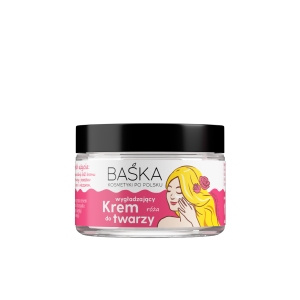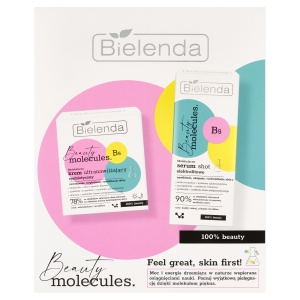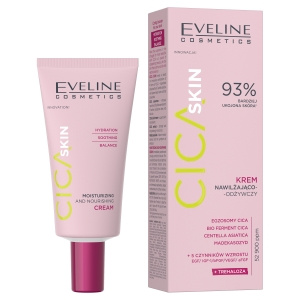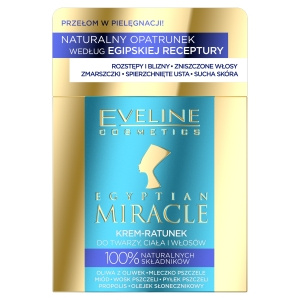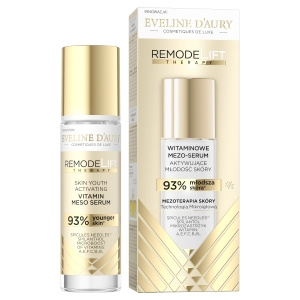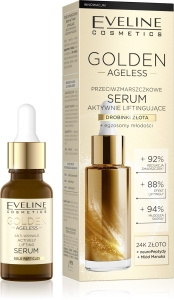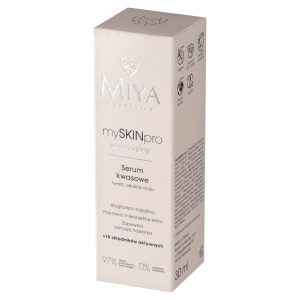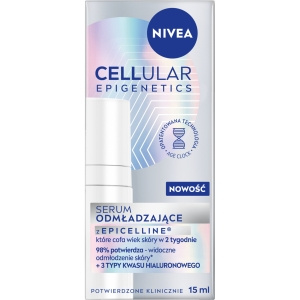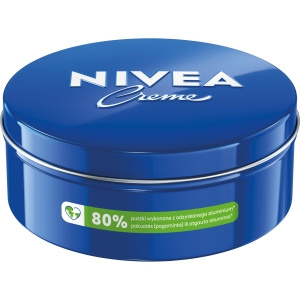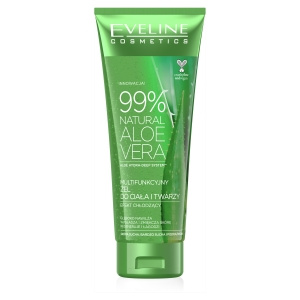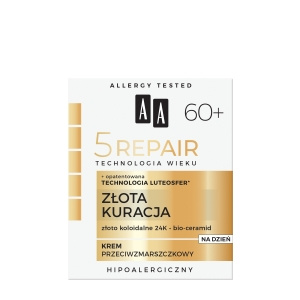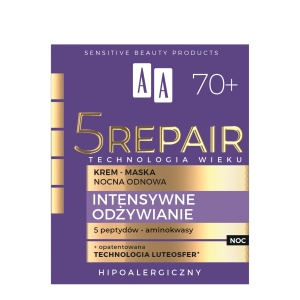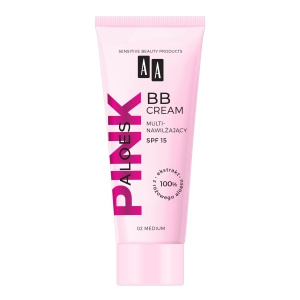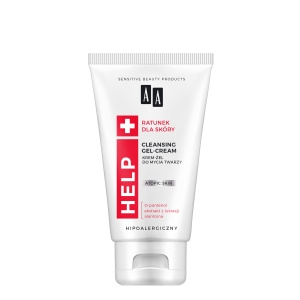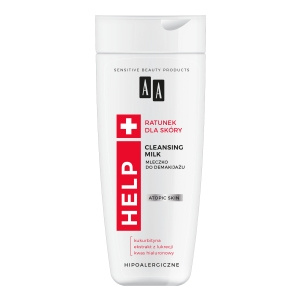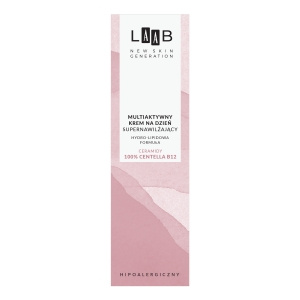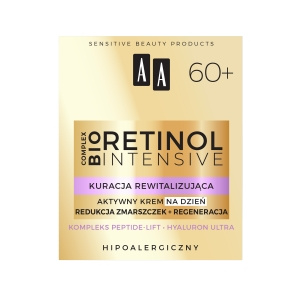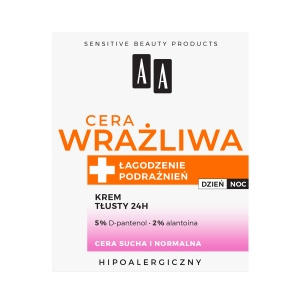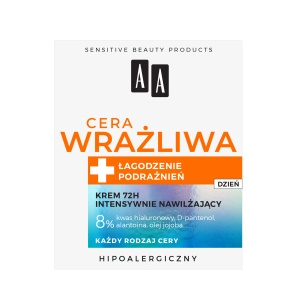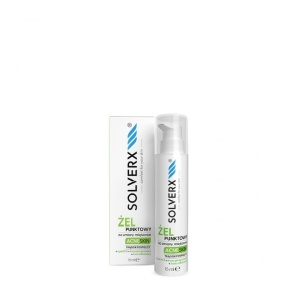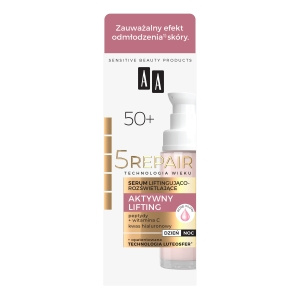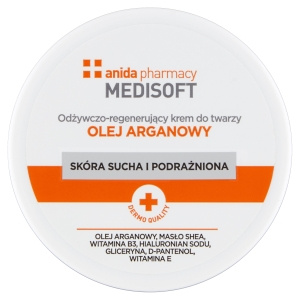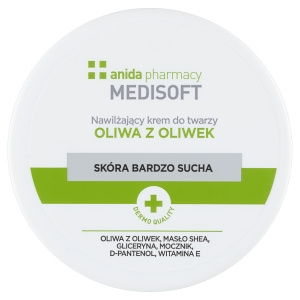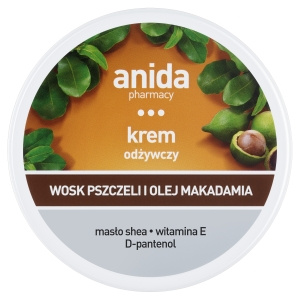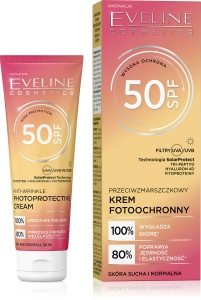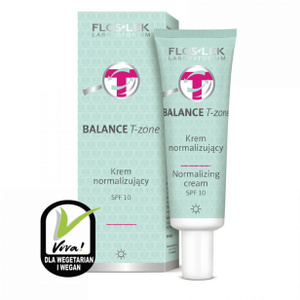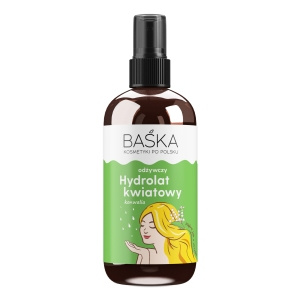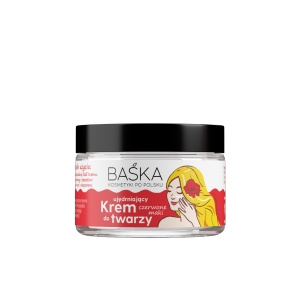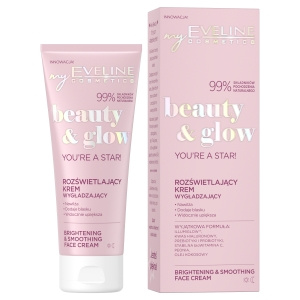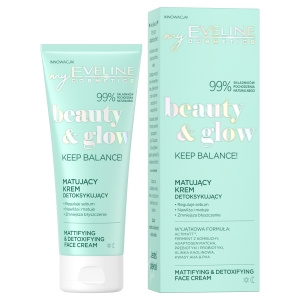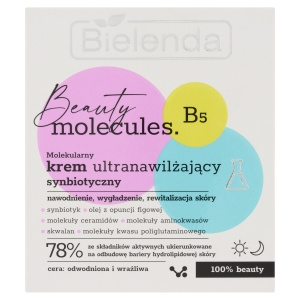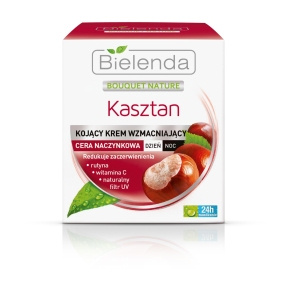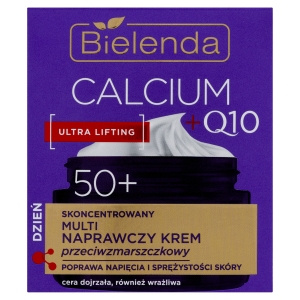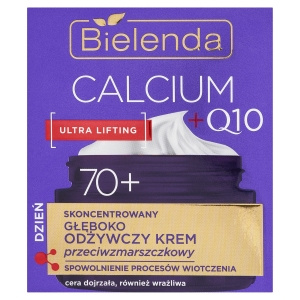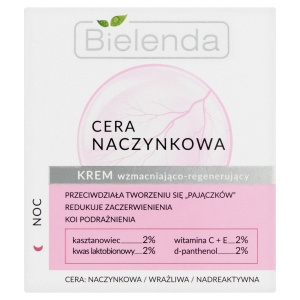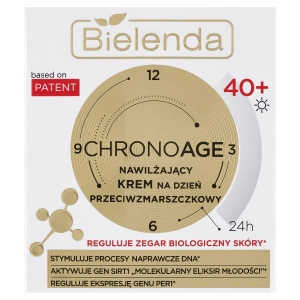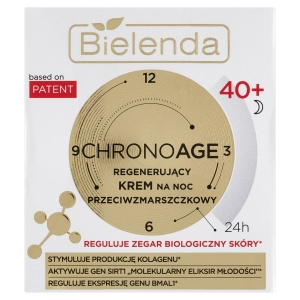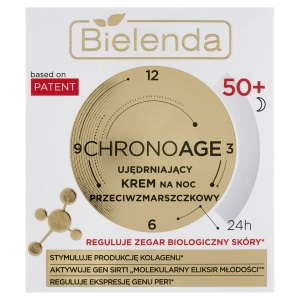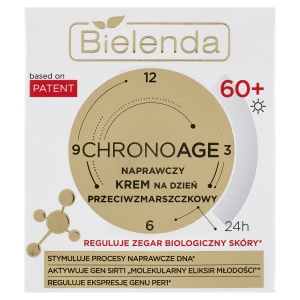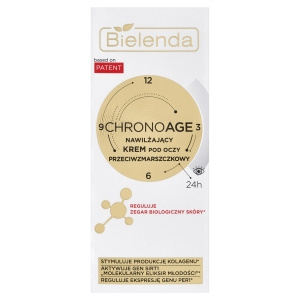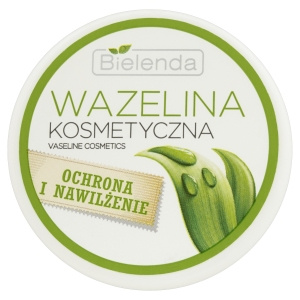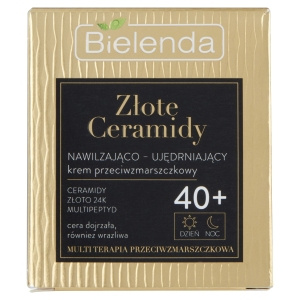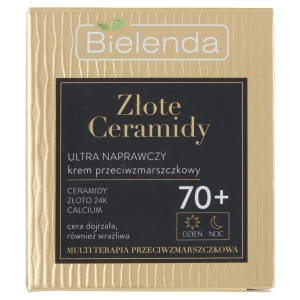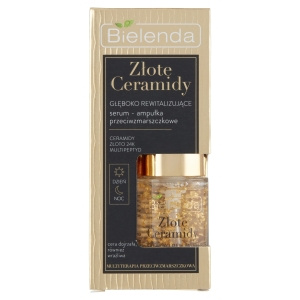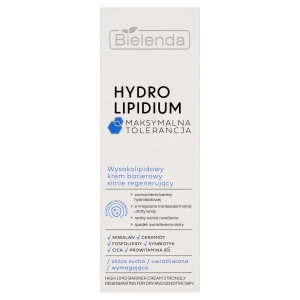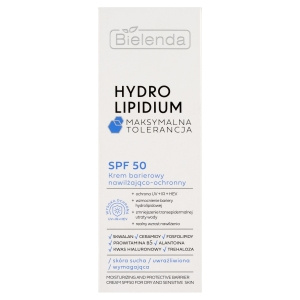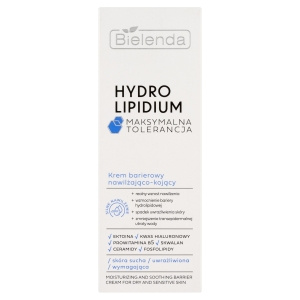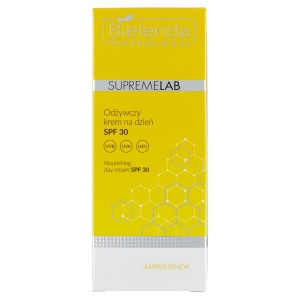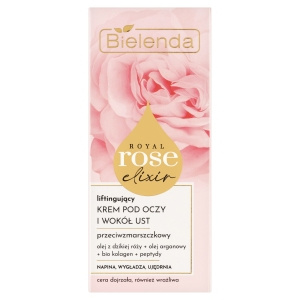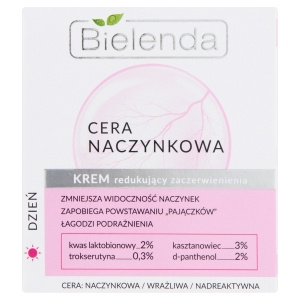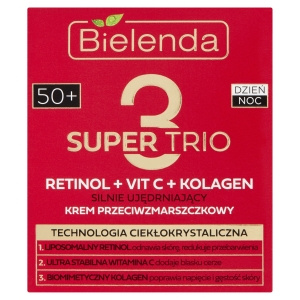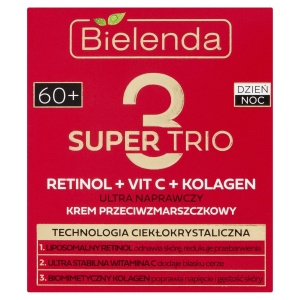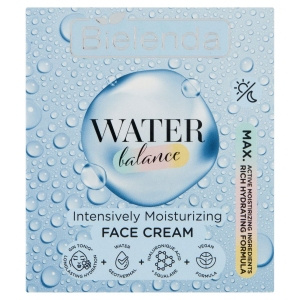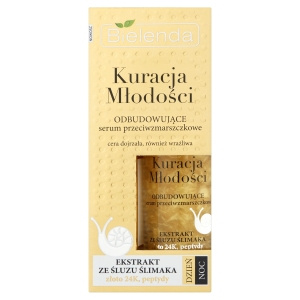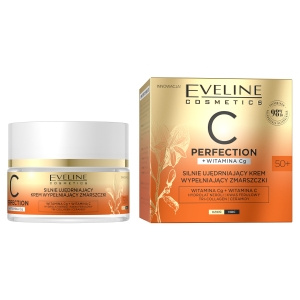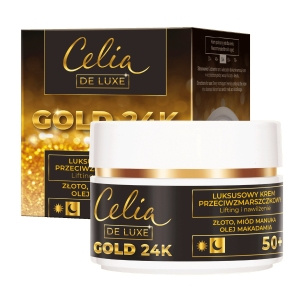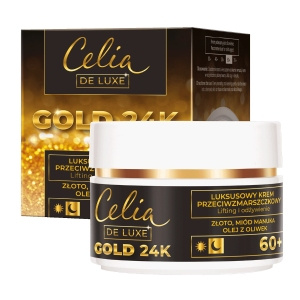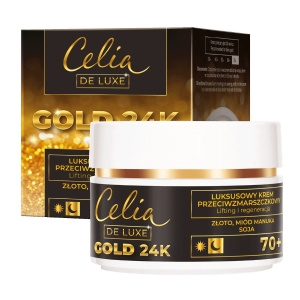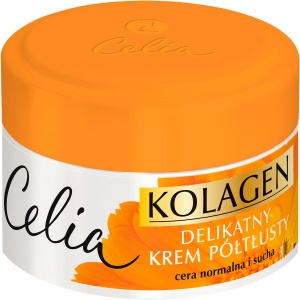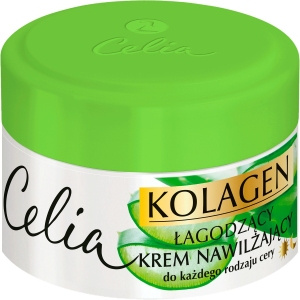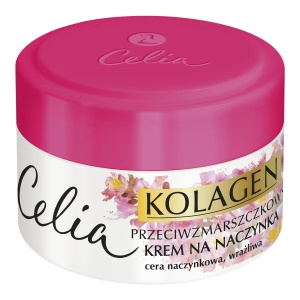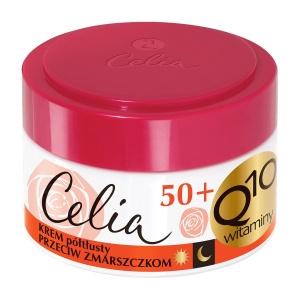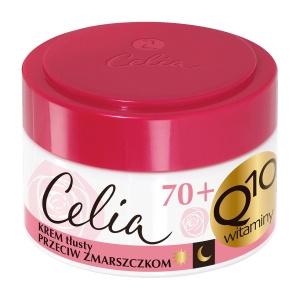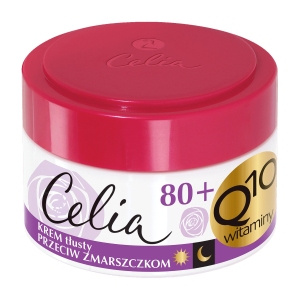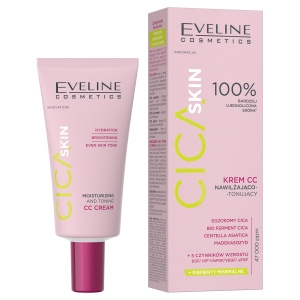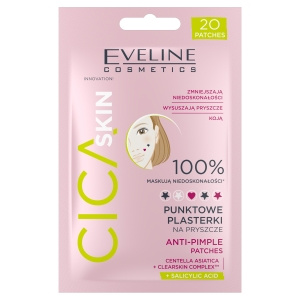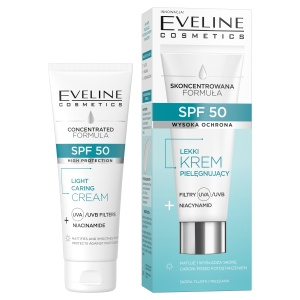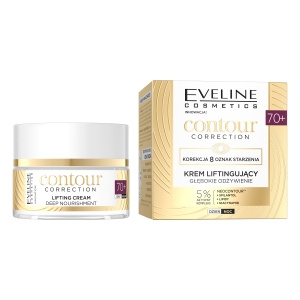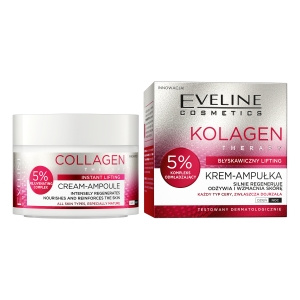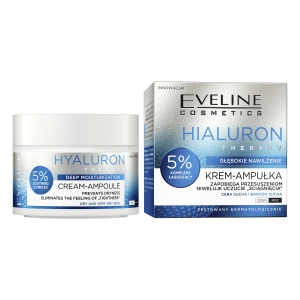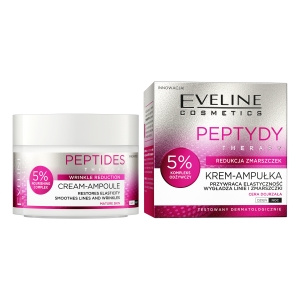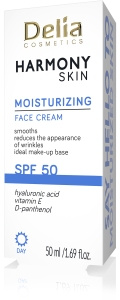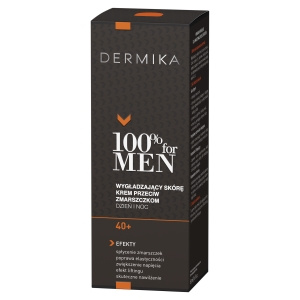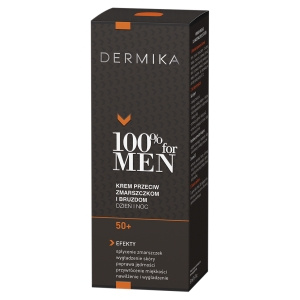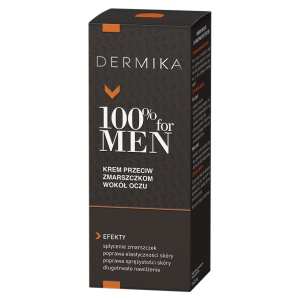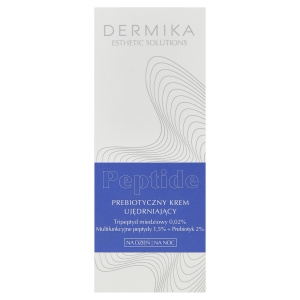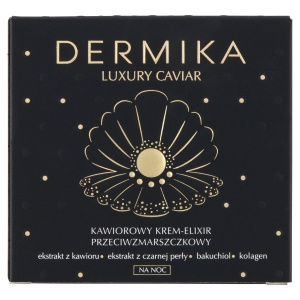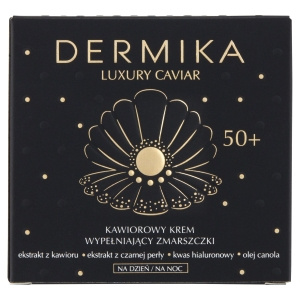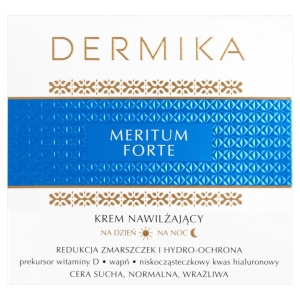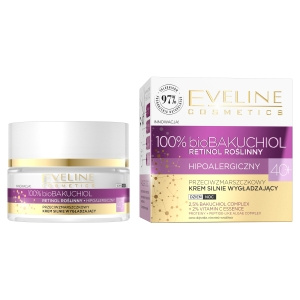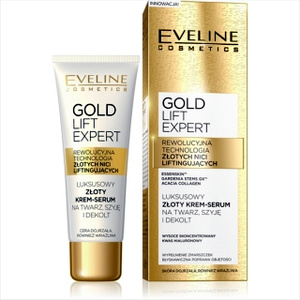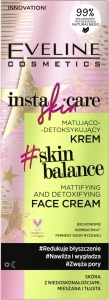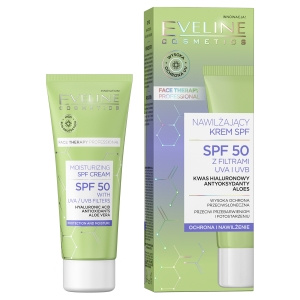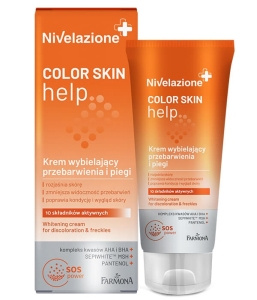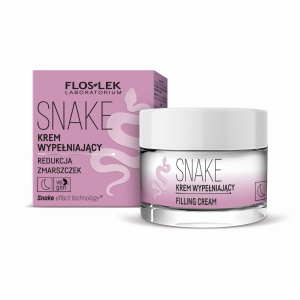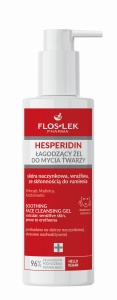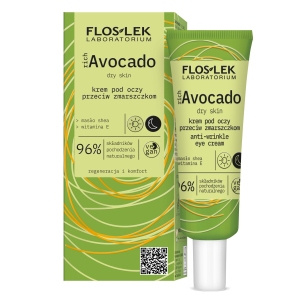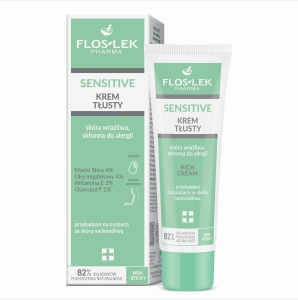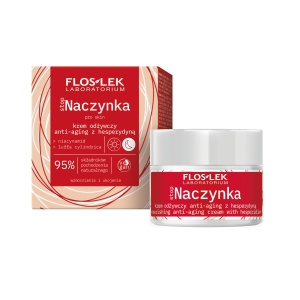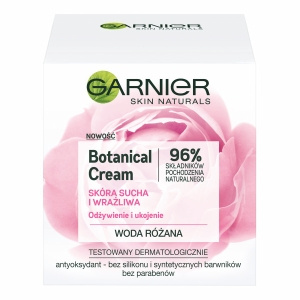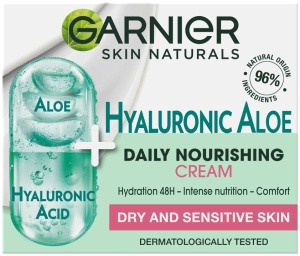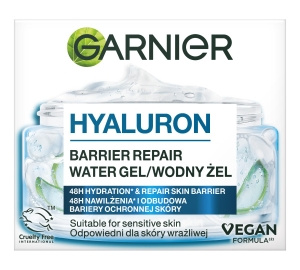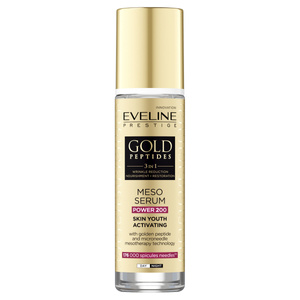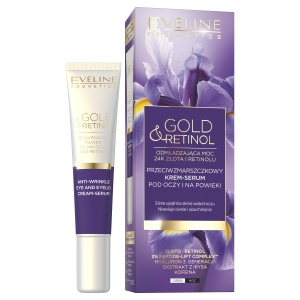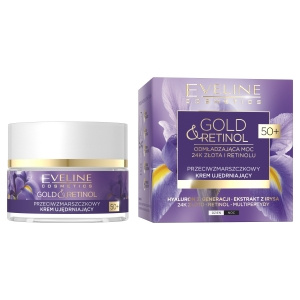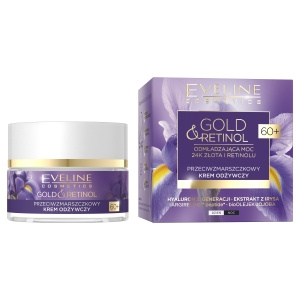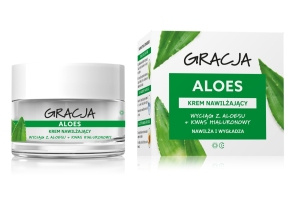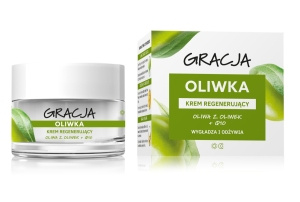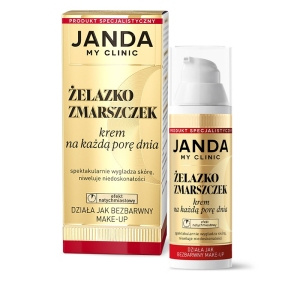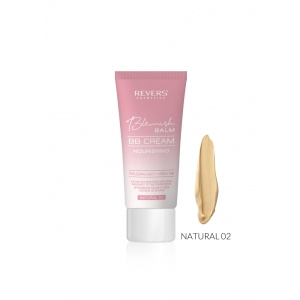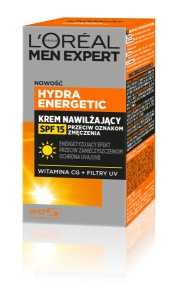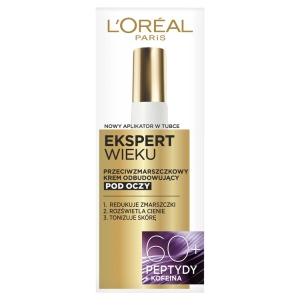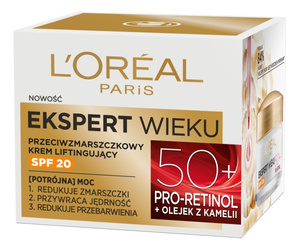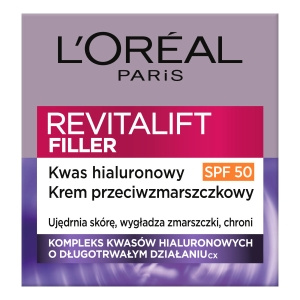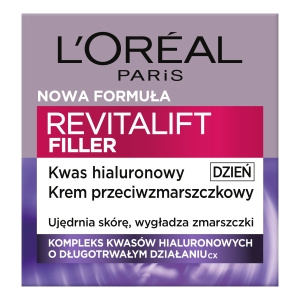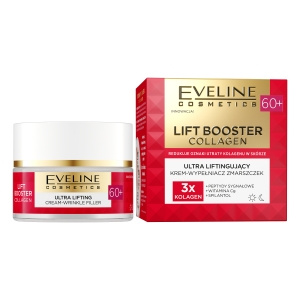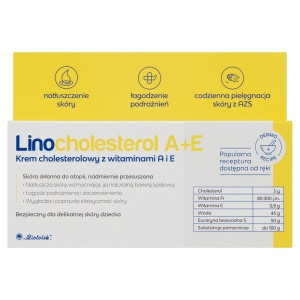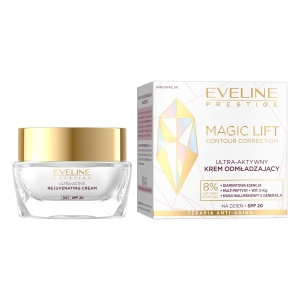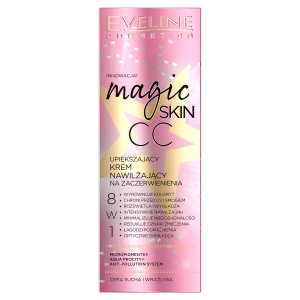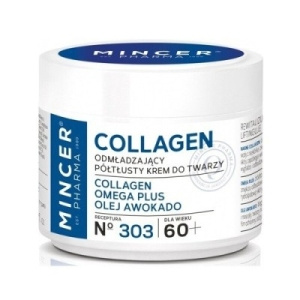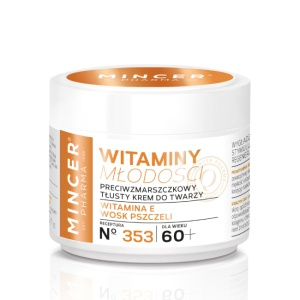Skin creams
( number of products: 512 )
The Art of Choosing the Perfect Face Cream
The decision regarding your face cream is paramount. Face creams harbor a plethora of ingredients, each exerting distinct effects on the skin. Your choice must align with your skin type and cater to your unique skincare requisites. Face creams are versatile warriors – they moisturize, shield against UV rays, combat wrinkles, refine skin texture, alleviate hyperpigmentation, soothe irritation, and much more. An ill-suited cream, however, might usher in issues like acne flare-ups, skin irritation, or allergies. Consulting a dermatologist or cosmetologist is a sage move, guiding you to the cream that harmonizes with your skin's nuances and challenges.
Factors Influencing Your Choice:
-
Identify Your Skin Type: Is your skin dry, oily, a blend, or the epitome of normalcy? This revelation serves as your compass in the realm of product selection.
-
Set Your Goals: Moisturization, acne resistance, wrinkle reduction, hyperpigmentation lightening – what's your skincare aspiration? Align your cream choice with your primary goals.
-
Ingredients Unveiled: Decode labels and scrutinize ingredients. Focus on heroes like hyaluronic acid (hydration wizard), vitamin C (radiance enhancer), and retinol (wrinkle-fighting champion).
-
Sample the Magic: Dip your toes in the water – try a sample before committing to the full-size enchantment. This ritual unveils the cream's compatibility with your skin, its texture, and fragrance.
-
Seek Dermatological Wisdom: When in doubt, summon the wisdom of a dermatologist. Serious skin concerns or uncertainty call for a specialist's discernment, ensuring your skincare journey is guided by expertise.
Embark on this skincare odyssey armed with knowledge and intention. Your face deserves the finest, and the right cream is your ally in the pursuit of radiant, healthy skin.
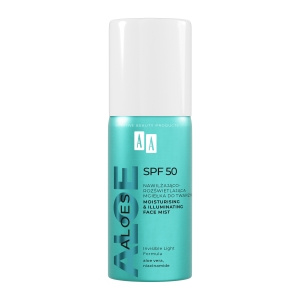
AA Aloe Moisturizing and Brightening Face Mist SPF50 100 ml
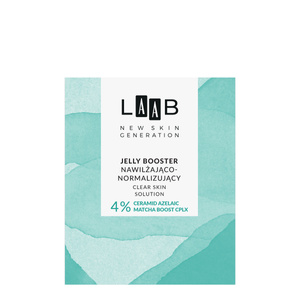
AA LAAB Clear Skin Solution Jelly moisturizing and normalizing booster 50 ml
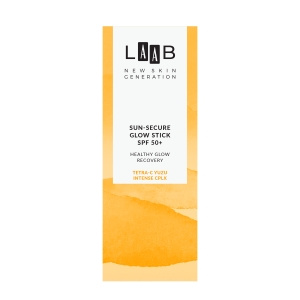
AA LAAB Tetra-C Yuzu Intense CPLX Sun-Secure Glow Stick SPF50+ 20g
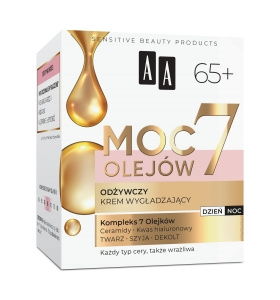
AA Power of 7 Oils – Smoothing Face Cream 65+ Day & Night

Atrix Intensive Krem do rąk Suchych Popękanych 150 ml
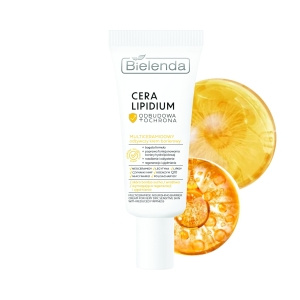
Bielenda Cera Lipidium – Reconstruction + Protection Multi-Ceramide Nourishing Barrier Cream 50 ml
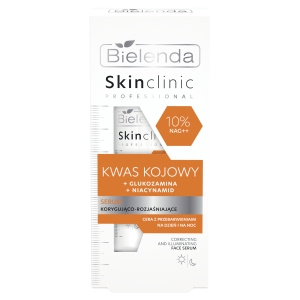
Bielenda Skin Clinic Professional Correcting and Brightening Serum 30 ml
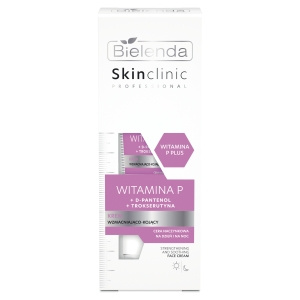
Bielenda Skin Clinic Professional Strengthening and Soothing Cream 40 ml
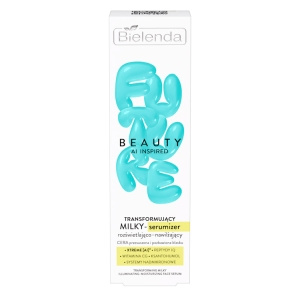
Bielenda Transforming Milky-Serumizer – Illuminating & Moisturizing 30 ml
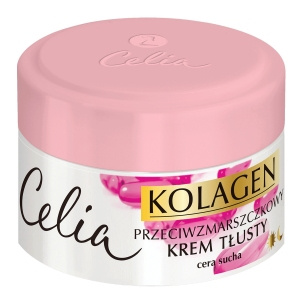
Celia Collagen Anti-greasy cream with vitamins A and E on day and night 50ml

Dermika Renovelle Exclusive multi-elixir lifting cream for day and night 50+ 50 ml
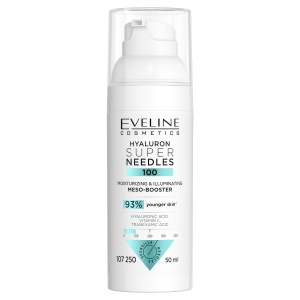
Eveline Cosmetics Super Needles – Moisturizing Face Cream with Micro-Needles 50 ml
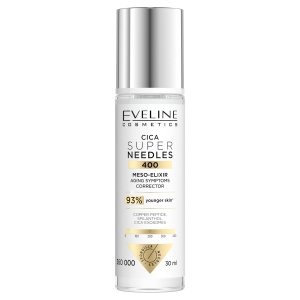
Eveline Cosmetics Super Needles – Rejuvenating Face Serum with Micro-Needles 30 ml
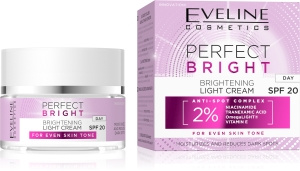
EVELINE Perfect Bright – Brightening Light Day Cream SPF 20, 50 ml
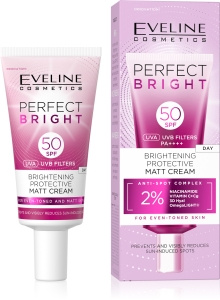
Eveline Perfect Bright – Brightening Protective Mattifying Cream SPF 50, 30 ml
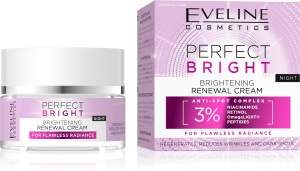
EVELINE Perfect Bright – Brightening Rejuvenating Night Cream 50 ml
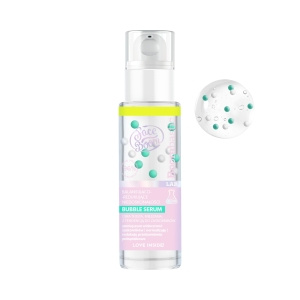
Faceboom Boombastic Bubble Serum – Balancing & Imperfection-Reducing Serum

Hialuronowy Mikrozastrzyk MULTI ODBUDOWA Krem wypełniający zmarszczki utrwalone na dzień i na noc, 50+
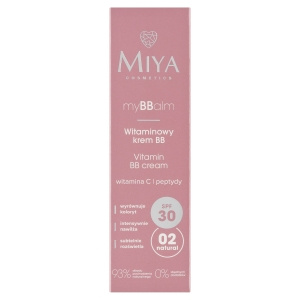
Miya MyBBalm Vitamin BB Cream SPF 30 02 Natural 30 ml
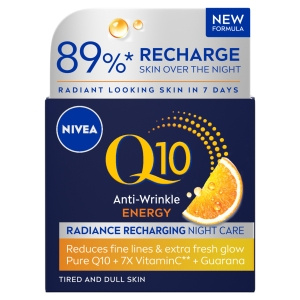
Nivea Q10 Anti-Wrinkle Energy Regenerating Night Cream 50 ml
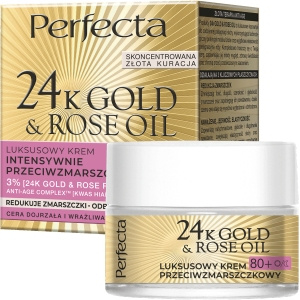
Perfecta 24K Gold&Rose Oil Luksusowy krem na dzień i na noc 80+
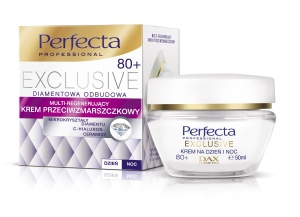
Perfecta Exclusive 80+ multi-regenerujący krem silnie przeciwzmarszczkowy na dzień i na noc 50ml
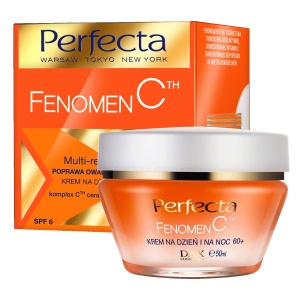
Perfecta Fenomen C Multiregeneration, oval improvement day & night cream 60+ 50ml
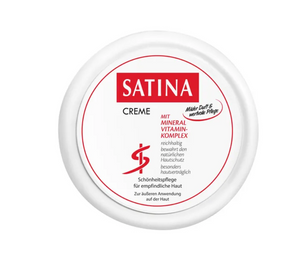
Satina Cream for Sensitive Skin 150ml – Face and Body Care
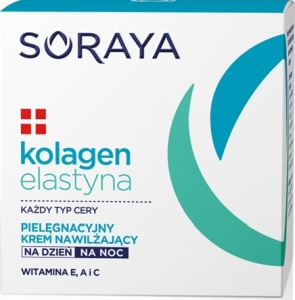
Soraya KOLAGEN ELASTYNA Pielęgnacyjny krem nawilżający na dzień i na noc 50ml
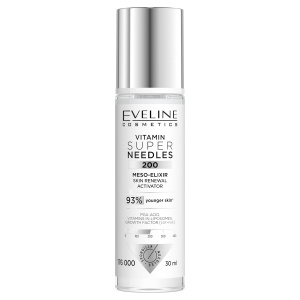
Vitamin Super Needles 200 Meso-Elixir Skin Renewal Activator
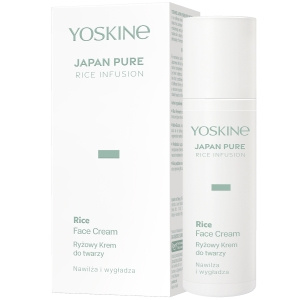
YOSKINE Japan Pure – Moisturising Face Cream Day & Night 50 ml
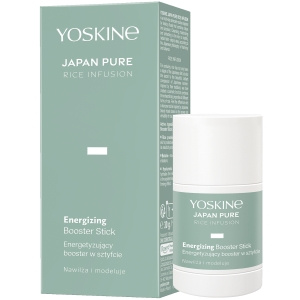
Yoskine Japan Pure Rice Infusion – Energizing Booster Serum Stick

AA Aloes 100% aloe vera extract day and night cream nourishing and moisturizing 50 ml

AA Aloes 100% aloe vera extract sorbet day and night 48h moisturizing and soothing 50 ml
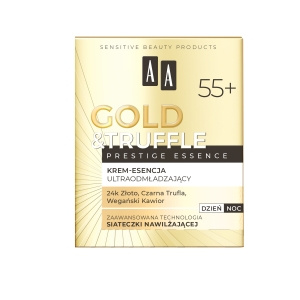
AA Gold & Truffles Prestige Essence 55+ Ultra-rejuvenating cream-essence 50 ml
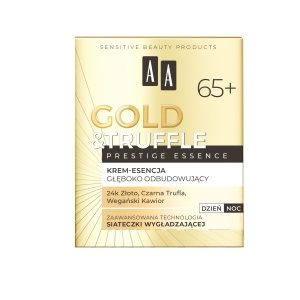
AA Gold & Truffles Prestige Essence 65+ Deeply Building Cream-Essence 50 ml
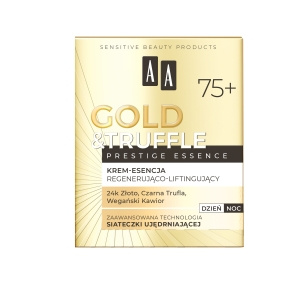
AA Gold & Truffles Prestige Essence 75+ Regenerating and lifting cream-essence 50 ml
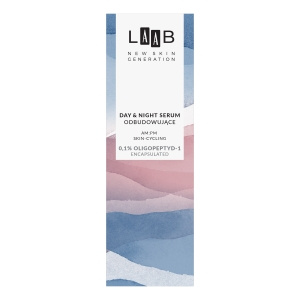
AA LAAB AM:PM SKINCYCLING Day&night rebuilding serum 0.1% oligopeptide-1 (EGF) encapsulated 30 ml
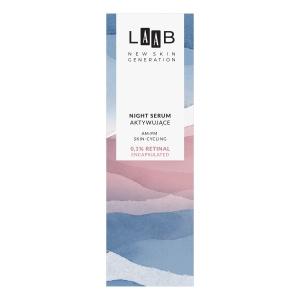
AA LAAB AM:PM SKINCYCLING Night activating serum 0.1% retinal encapsulated 30 ml
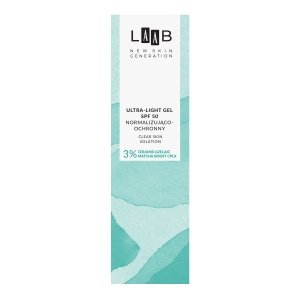
AA LAAB Clear Skin Solution Ultralight Normalizing and Protective Gel SPF50 40 ml

AA LAAB TETRA-C YUZU cream-perfector SPF 50 PA++++ illuminating-moisturizing 40 ml
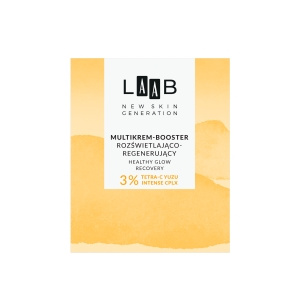
AA LAAB TETRA-C YUZU Multicream booster brightening and regenerating 50 ml
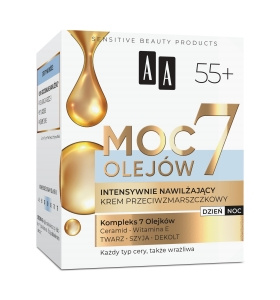
AA Power of 7 Oils – Anti-Wrinkle Face Cream 55+ Day & Night
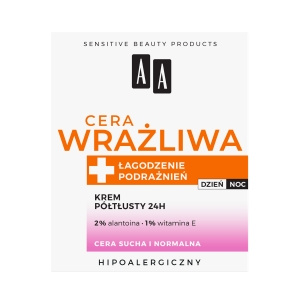
AA Sensitive Skin Semi-oily cream 24 h for dry and normal skin for day and night 50 ml
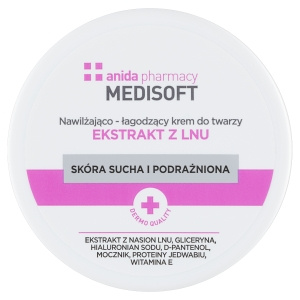
Anida Pharmacy Medisoft Moisturizing and soothing face cream with flax extract 100 ml

ARNICA® Żel z arniką forte na rozszerzone naczynka, zasinienia, obrzmienia, podpuchnięcia 50 ml - Floslek
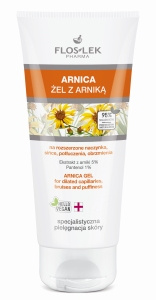
ARNICA® Żel z arniką na rozszerzone naczynka, sińce, potłuczenia, obrzmienia 200 ml - Floslek
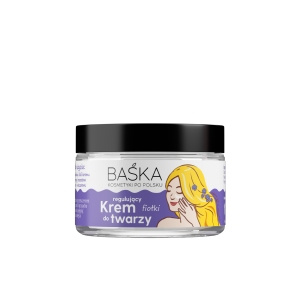
BAŚKA Krem do twarzy regulujący fiołki do cery tłustej i trądzikowej 50 m
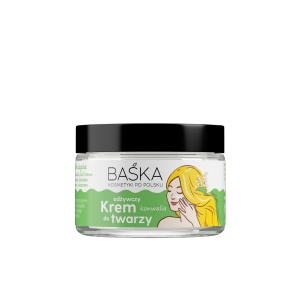
Baśka Krem do twarzy-odżywczy do skóry suchej i mieszanej Konwalia 50ml
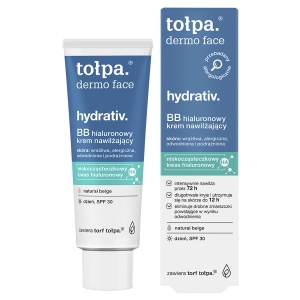
BB hialuronowy krem nawilżający na dzień SPF30 tołpa. dermo face hydrativ. 40 ml

Bell HYPOAllergenic Anti-Redness Primer Hypoalergiczna baza pod makijaż neutralizująca zaczerwienienia.
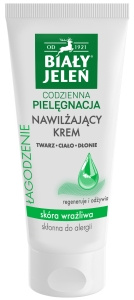
BIAŁY JELEŃ – Soothing & Moisturizing Cream for Hands, Body & Face 200 ml
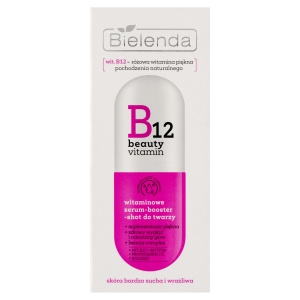
Bielenda B₁₂ Beauty Vitamin Vitamin serum-booster-shot for the face 30 g
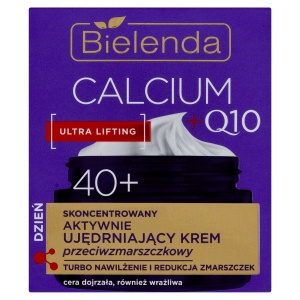
Bielenda Calcium +Q10 40+ Actively Firming Anti-Wrinkle Day Cream 50 ml
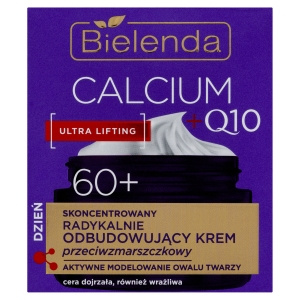
Bielenda Calcium +Q10 60+ Radically rebuilding anti-wrinkle cream day 50 ml
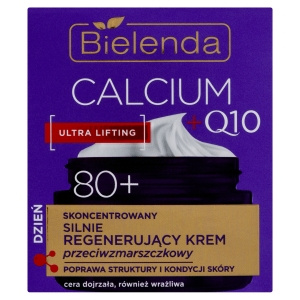
Bielenda Calcium +Q10 80+ Strongly regenerating anti-wrinkle day cream 50 ml
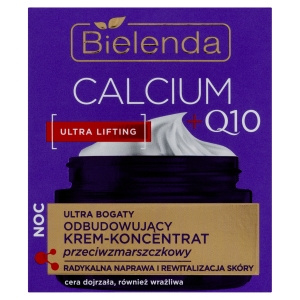
Bielenda Calcium +Q10 Regenerating anti-wrinkle cream-concentrate night 50 ml
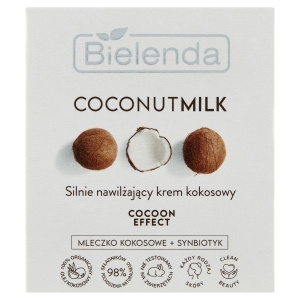
Bielenda Coconut Milk Strongly moisturizing coconut cream 50 ml
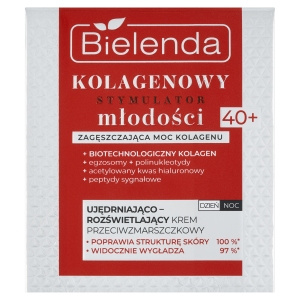
Bielenda Collagen Youth Stimulator 40+ Firming and Brightening Day and Night Cream 50 ml
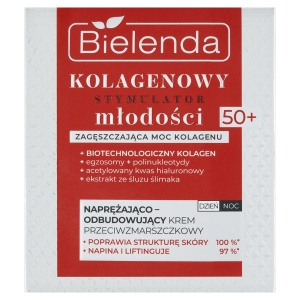
Bielenda Collagen Youth Stimulator 50+ Firming and Regenerating Anti-Wrinkle Cream 50 ml

Bielenda Collagen Youth Stimulator Endolifting Anti-Wrinkle Serum Day Night 60 ml

Bielenda Diamentowe Lipidy 40+ Diamentowo-lipidowy krem przeciwzmarszczkowy na dzień noc 50 ml

Bielenda Diamentowe Lipidy 50+ Diamentowo-lipidowy krem przeciwzmarszczkowy na dzień noc 50 ml

Bielenda Diamentowe Lipidy 60+ Diamentowo-lipidowy krem przeciwzmarszczkowy na dzień noc 50 ml

Bielenda Diamentowe Lipidy 70+ Diamentowo-lipidowy krem przeciwzmarszczkowy na dzień noc 50 ml

Bielenda Diamentowe Lipidy Diamentowo-lipidowy krem pod oczy przeciwzmarszczkowy 15 ml
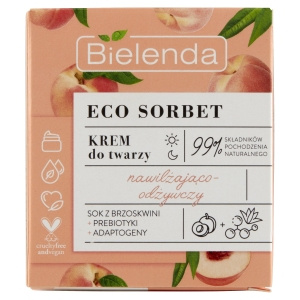
Bielenda Eco Sorbet Moisturizing and nourishing face cream 50 ml
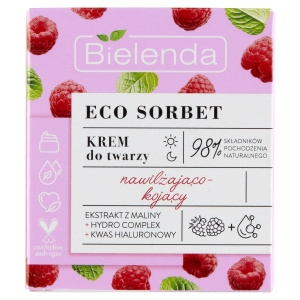
Bielenda Eco Sorbet Moisturizing and soothing face cream 50 ml
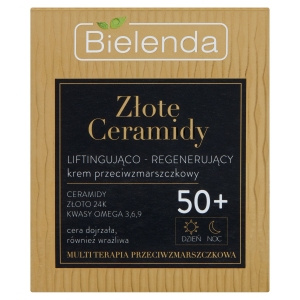
Bielenda Golden Ceramides 50+ Lifting and regenerating anti-wrinkle day and night cream 50 ml

Bielenda Golden Ceramides 60+ Deeply Regenerating Anti-Wrinkle Day and Night Cream 50 ml

Bielenda Golden Placenta 40+ Nawilżająco-wygładzający krem przeciwzmarszczkowy 50 ml

Bielenda Golden Placenta 50+ Liftingująco-ujędrniający krem przeciwzmarszczkowy 50 ml

Bielenda Golden Placenta 70+ Naprawczo-rewitalizujący krem-koncentrat przeciwzmarszczkowy 50 ml

Bielenda Golden Placenta Regenerująco-rozświetlające serum przeciwzmarszczkowe 30 g
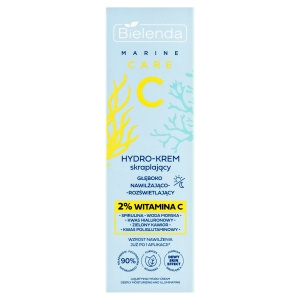
Bielenda Marine Care C Hydro-cream deeply moisturizing and brightening 50 ml
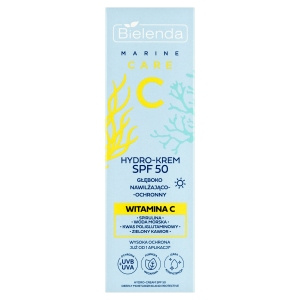
Bielenda Marine Care C Hydro-cream SPF 50 deeply moisturizing and protective 40 ml
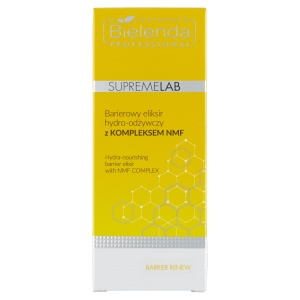
Bielenda Professional SupremeLab Barrier Hydro-Nourishing Elixir with NMF Complex 50 ml
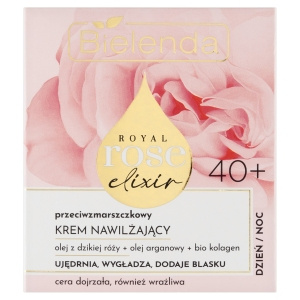
Bielenda Royal Rose Elixir 40+ Anti-wrinkle moisturizing cream day and night 50 ml
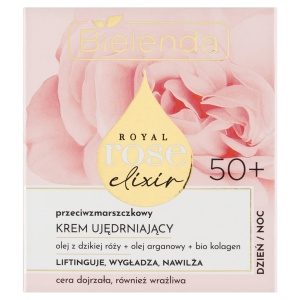
Bielenda Royal Rose Elixir 50+ Anti-wrinkle firming cream day and night 50 ml
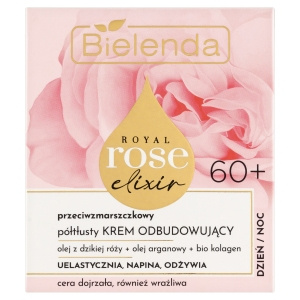
Bielenda Royal Rose Elixir 60+ Anti-wrinkle semi-oily rebuilding cream day and night 50 ml
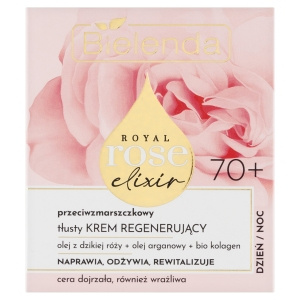
Bielenda Royal Rose Elixir 70+ Anti-wrinkle oily regenerating cream day night 50 ml
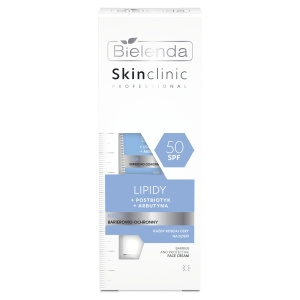
Bielenda Skin Clinic Professional Barrier and Protective Cream 40 ml
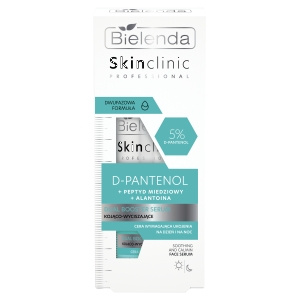
Bielenda Skin Clinic Professional Dual booster soothing and calming serum 45 ml
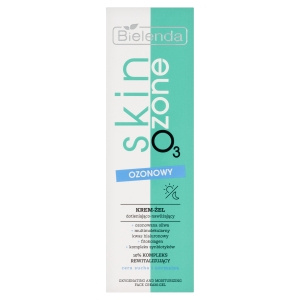
Bielenda Skin O₃ Zone Oxygenating and Moisturizing Cream-Gel 50 ml
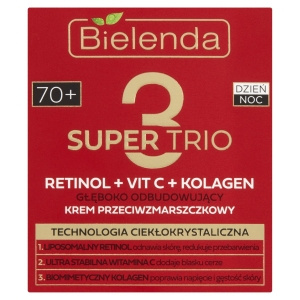
Bielenda Super Trio 70+ Deeply Regenerating Anti-Wrinkle Day and Night Cream 50 ml

Bielenda Youth Treatment 40+ Moisturizing anti-wrinkle day and night cream 50 ml

Bielenda Youth Treatment 60+ Regenerating anti-wrinkle day and night cream 50 ml

Bielenda Youth Treatment 70+ Revitalizing anti-wrinkle day and night cream 50 ml

Bielenda Youth Treatment Moisturizing anti-wrinkle eye cream for day and night 15 ml
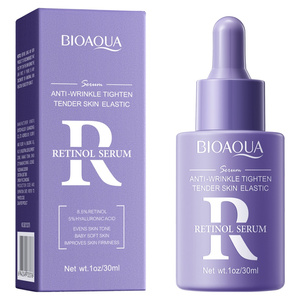
BIOAQUA przeciwzmarszczkowe serum do twarzy z retinolem 30 ml
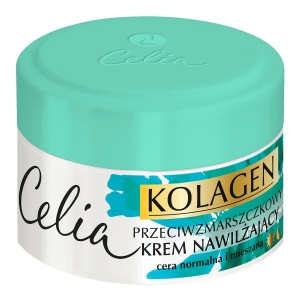
Celia Collagen Anti-wrinkle moisturizer with algae on the day and night 50ml
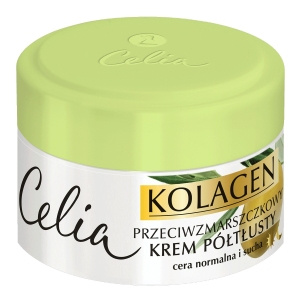
Celia Collagen Wrinkle vanishing cream with olive on day and night 50ml
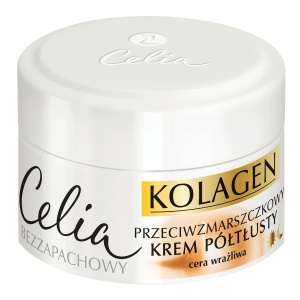
Celia Kolagen Przeciwzmarszczkowy krem półtłusty z kozim mlekiem na dzień i noc 50ml
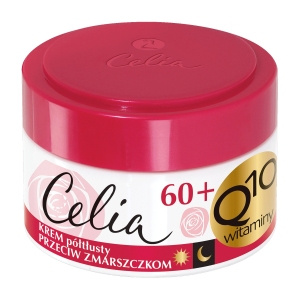
Celia Q10 przeciwzmarszczkowy krem półtłusty 60+ z ceramidami 50ml
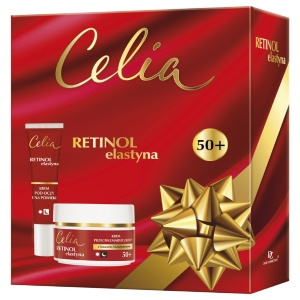
Celia Zestaw Świąteczny Retinol Elastyna 50+, krem do twarzy, krem pod oczy
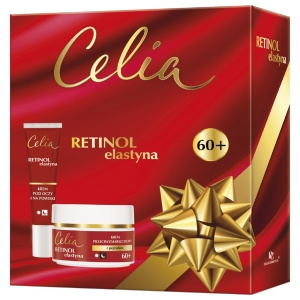
Celia Zestaw Świąteczny Retinol Elastyna 60+, krem do twarzy, krem pod oczy
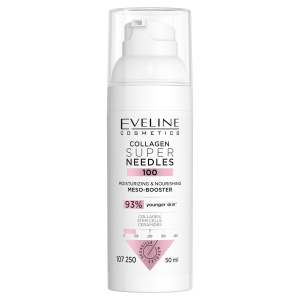
Collagen Super Needles 100 Moisturizing and Nourishing Meso-Booster
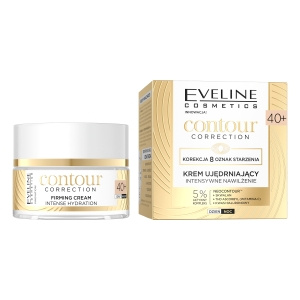
Contour correction Intensively moisturizing firming cream 40+
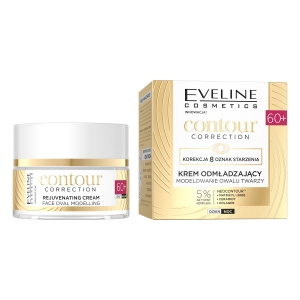
Contour correction Rejuvenating cream, modeling the face oval 60+
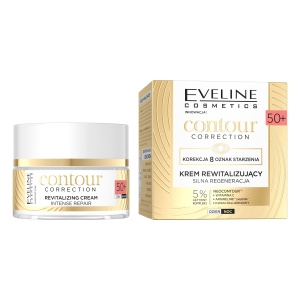
Contour correction Strongly regenerating revitalizing cream 50+
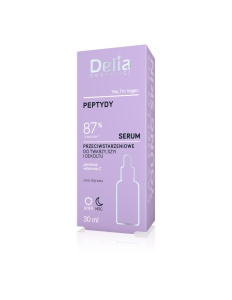
Delia Cosmetics Anti-Aging Serum for Face, Neck and Décolleté Day and Night 30 ml
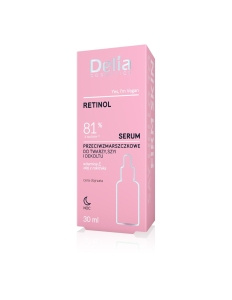
Delia Cosmetics Anti-wrinkle Serum for Face, Neck and Decolleté at Night 30 ml
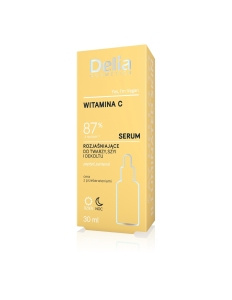
Delia Cosmetics Brightening Serum for Face, Neck and Décolleté Day and Night 30 ml
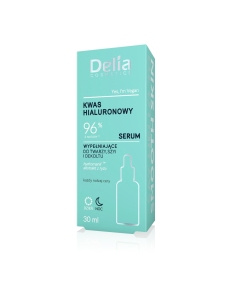
Delia Cosmetics Filling Serum for Face, Neck and Décolleté 30 ml
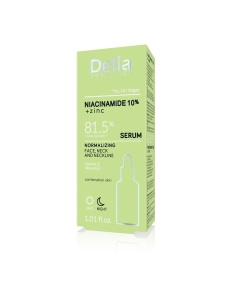
Delia Cosmetics Normalizing Serum for Face, Neck and Décolleté Day and Night 30 ml
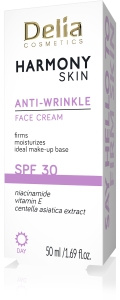
DELIA Przeciwzmarszczkowy krem z filtrem 30SPF HARMONY SKIN, 50 ml

Dermika Imagine Platinum Skin Ciekłokrystaliczny krem przeciwzmarszczkowy 50+ 50ml

Dermika IMAGINE PLATINUM SKIN Ciekłokrystaliczny krem przeciwzmarszczkowy 60+ 50 ml

Dermika IMAGINE PLATINUM SKIN Ciekłokrystaliczny krem przeciwzmarszczkowy 70+ dzień/ noc PLATYNA + PEPTYDY 50 ml
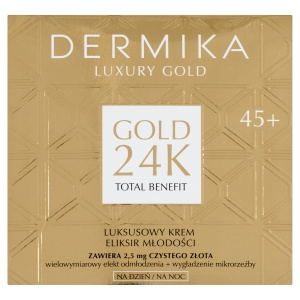
Dermika Luxury Gold Luxury cream elixir of youth 45+ for day and night 50 ml
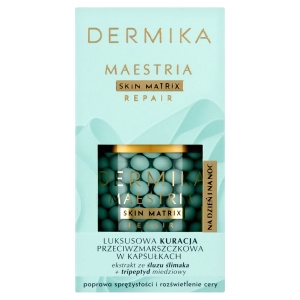
Dermika Maestria Luxurious anti-wrinkle treatment in capsules for day and night 60 g
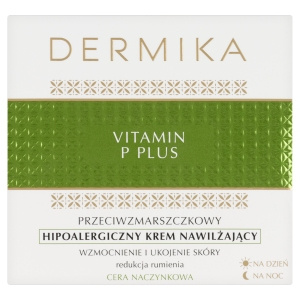
Dermika Vitamin P Plus Anti-wrinkle hypoallergenic moisturizing day and night cream 50 ml
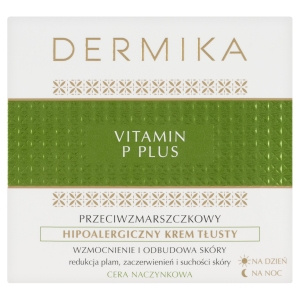
Dermika Vitamin P Plus Anti-wrinkle hypoallergenic oily day and night cream 50 ml
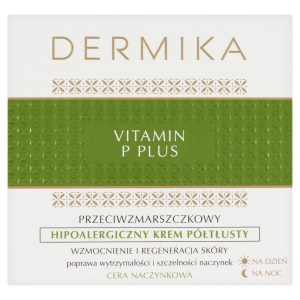
Dermika Vitamin P Plus Anti-wrinkle hypoallergenic semi-oily cream for day and night 50 ml
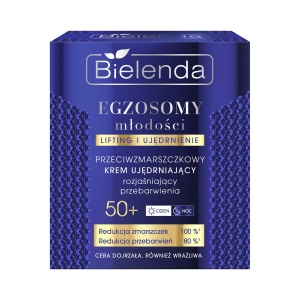
EGZOSOMY MŁODOŚCI Przeciwzmarszczkowy krem ujędrniający, rozjaśniający przebarwienia 50+ 50 ml
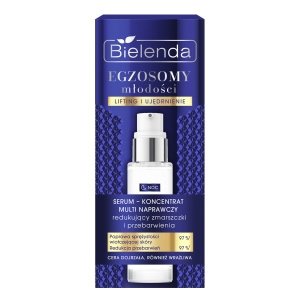
EGZOSOMY MŁODOŚCI Serum - koncentrat multi naprawczy na noc redukujący zmarszczki i przebarwienia 30 ml
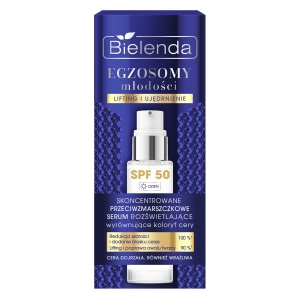
EGZOSOMY MŁODOŚCI Skoncentrowane przeciwzmarszczkowe serum rozświetlające, wyrównujące koloryt cery SPF 50 na dzień 30 ml

equilibra Aloe Anti-Wrinkle Face Cream Filling Effect 50 ml
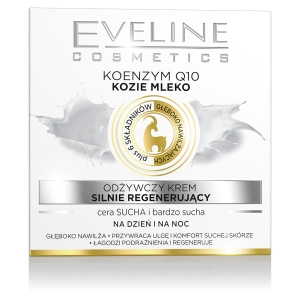
Eveline Cosmetics Nourishing Cream Strongly Regenerating Coenzyme Q10, Goat Milk daily
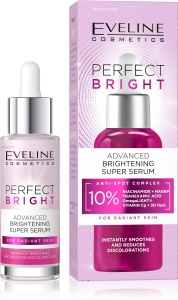
Eveline Cosmetics Perfect Bright – Advanced Brightening Super Serum 30 ml
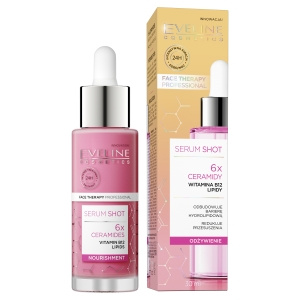
Eveline Cosmetics Serum Shot Nourishing Treatment, 6x Ceramides
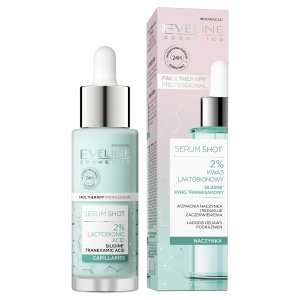
Eveline Cosmetics Serum Shot Strengthening treatment for redness with lactobionic acid 2%

FaceBoom Go with the Flow Moisturizing and calming face cream 50 ml
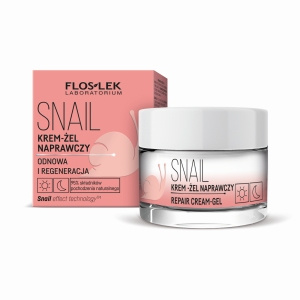
FLOS-LEK Snail krem-żel naprawczy odbudowa i regeneracja 50 ml
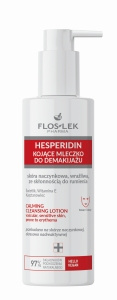
FLOSLEK HESPERIDIN kojące mleczko do demakijażu 175 ml cera naczynkowa, wrażliwa
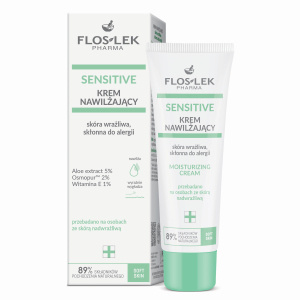
FLOSLEK SENSITIVE krem nawilżający do twarzy skóra wrażliwa 50 ml
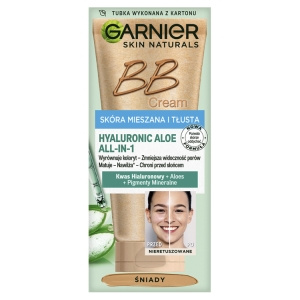
Garnier Skin Naturals Hyaluronic Aloe All-in-1 Moisturizing BB Cream Dark 50 ml
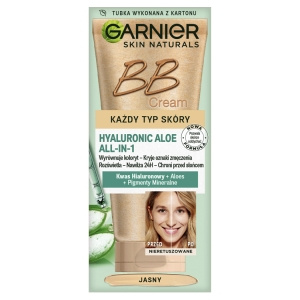
Garnier Skin Naturals Hyaluronic Aloe All-in-1 Moisturizing BB Cream Light 50 ml

Gracja Rose Smoothing anti-wrinkle cream for day and night for all skin types 50 m

Inelia Ultra Soft Krem Do Twarzy i Ciała Z Ekstraktem Z Zielonej Herbaty 200 ml
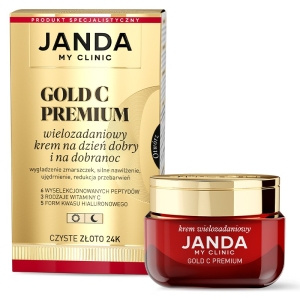
JANDA GOLD C PREMIUM wielozadaniowy Krem na dzień i na noc 24k złoto 50ml
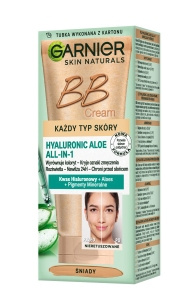
Krem BB Garnier Hyaluronic Aloe All-In-1 SPF 10 dla każdego typu skóry śniady 50 ml
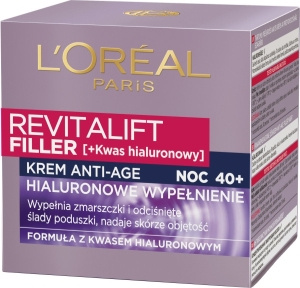
L'Oreal Paris Revitalift Filler Hyaluronic Filling Anti-Age Night Cream 40+ 50 ml

L'Oreal Paris Revitalift Laser X3 Anti-Wrinkle Cream Anti-Age Deep Regeneration Day 50 ml

L'Oréal Paris Revitalift Laser X3 Night Advanced Formula Anti-Age Cream-Mask 50 ml
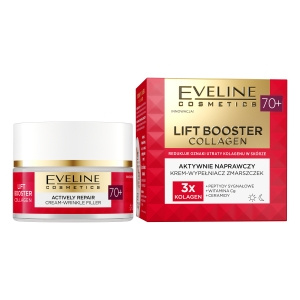
Lift booster collagen Actively repairing wrinkle filler cream 70+
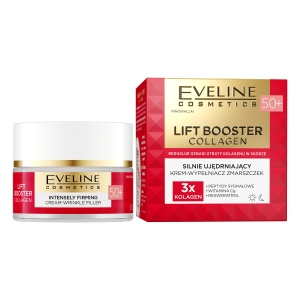
Lift booster collagen Strongly firming wrinkle filler cream 50+
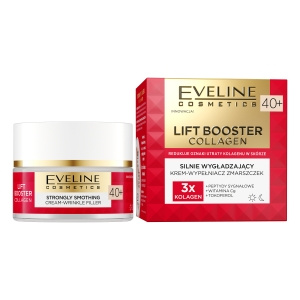
Lift booster collagen Strongly smoothing wrinkle filler cream 40+
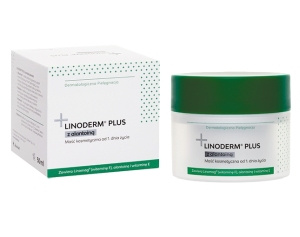
Linoderm Plus z alantoiną krem nałtuszcza koi podrażnienia 50ml
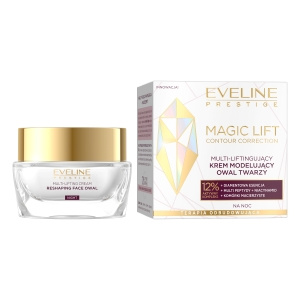
Magic lift Multi-lifting cream modeling the face oval, for night use
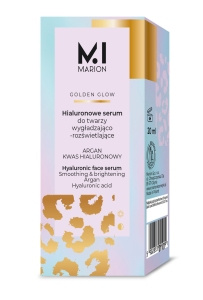
Marion Golden Glow hialuronowe serum do twarzy wygładzająco-rozświetlające 20 ml
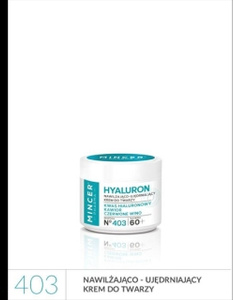
Mincer Pharma Hyaluron Ujędrniający krem do twarzy No.403 60+, 50 ml

Mixa Niacinamide Glow Rozświetlający Krem Nawilżający z Niacynamidem i Witaminą C 50 ml

Miya Beauty.lab Serum with vitamin C brightening discolorations 30 ml
- 1
- 2
The facial skin is the skin on the surface of the face, which has its own individual characteristics and is a reflection of the body's overall health. It can have different types, such as dry, oily, combination or normal, and different skin problems, such as acne, blackheads, irritation or hyperpigmentation. Facial skin requires proper care and protection to maintain its balance and healthy appearance. There are four basic types of skin:
1. dry skin: this is skin that tends to be dry and flaky. It can be rough, dull and uncomfortable to the touch. People with dry skin often experience tightness and an astringent feeling. This skin type can be prone to irritation and wrinkles.
2. oily skin: characterised by excessive sebum production, which makes the skin shiny and greasy. People with oily skin often have problems with acne, enlarged pores and blackheads. Oily skin can also be more resistant to ageing and wrinkles.
3. combination skin: this is the most common skin type and includes both dry and oily areas. For example, the T-zone (i.e. forehead, nose and chin) may be oily, while the rest of the face is dry. People with combination skin may find it difficult to choose the right skincare products.
4. normal skin: this is a skin type that is balanced and does not show excessive oiliness or dryness. Normal skin is soft, firm and supple. People with this skin type usually have few skin problems and no difficulties with skin care.
